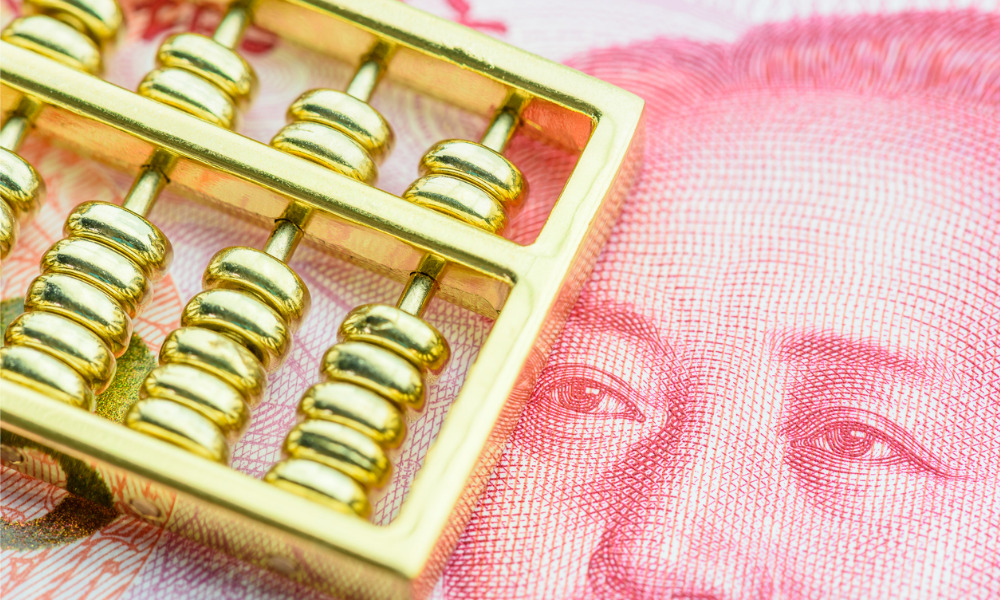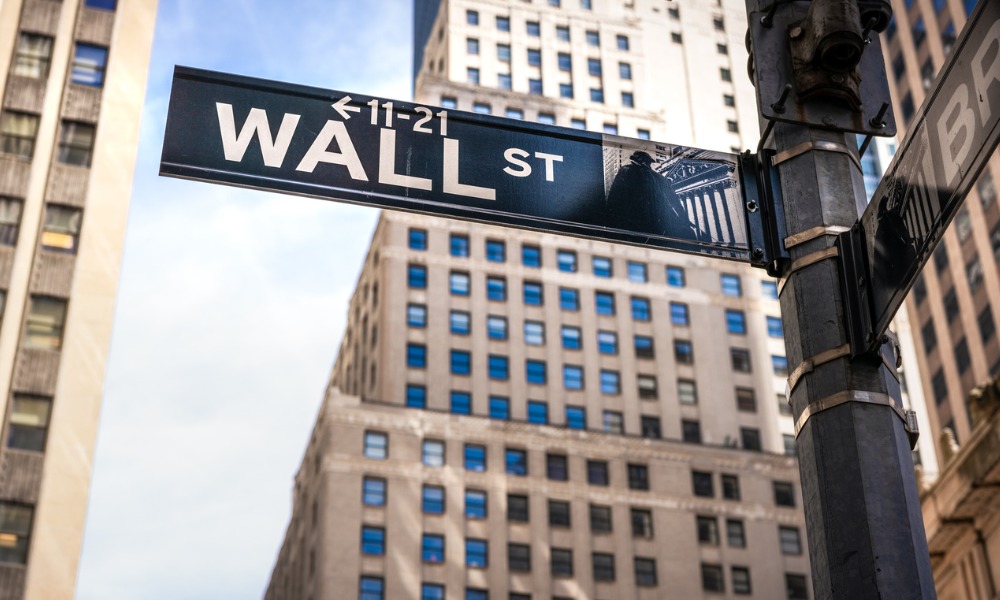Certain emerging markets and regions may end up being relative winners, according to AGF experts

After a difficult first half to 2022 for the financial markets, asset price volatility is expected to continue amid central banks’ efforts to contain inflation’s negative effects without triggering a recession. Still, some markets are poised to fare relatively well through the looming threat of a global downturn.
During a recent roundtable discussion of their outlook for the next six months, members of AGF’s Office of the Chief Investment Officer shared their expectations for equity market performance across different regions.
“From my own perspective, Asia Pacific may end up being the most attractive market, followed by the U.S. and Europe. Of the smaller markets, Canada has been a relative strength through the first half and that could continue if commodity prices remain strong,” said Stephen Way, Senior Vice President at AGF Management, who leads AGF’s global equity team.
“That makes even more sense if there’s a slowdown in North America and some of the emerging economies in Asia go the other way and stay relatively strong,” said Mark Stacey, Senior Vice-President and Co-CIO AGFiQ Quantitative Investing, Head of Portfolio Management at AGF Investments. “Then again, the U.S. may end up being a stable place for investors in the case of a recession.”
According to John Christofilos, Asia currently leads the way in terms of equity flows, with AGF’s trading desk receiving more calls about Asia ex China. That’s followed by the U.S., and then Europe, which has fallen out of favor ever since the Ukraine War started.
While Chinese equities have been unfavourably perceived for a while, Way pointed to several encouraging drivers that could be changing that, such as additional fiscal stimulus from the government and an anticipated rate reduction from the Bank of China.
In addition, the nation is getting closer to approving its first mRNA vaccine to protect individuals against COVID-19, which could lessen the likelihood of another catastrophic shutdown like the one in Shanghai earlier this year, which significantly affected economic activity.
“Regulatory restrictions on technology are being lifted as well and some sectors of the economy including real estate have been hit so hard already, they may have nowhere to go but up from here,” Way added. “That said, investors need to be patient. Demand is still not where it needs be on this front despite some of the fiscal measures being put in place to support consumers and businesses.”
Kevin McCreadie, Chief Executive Officer and Chief Investment Officer of AGF Management, said that compared to the rest of the globe, price/earnings ratios in China – the second-largest economy in the world, which is poised to experience robust growth – are marked down. Emerging Markets (EM) have also taken a beating, he noted, though their economies have fared better than many might have anticipated given the strengthening of the US currency.
“EM assets start to look more attractive if the U.S. dollar peaks, but that may not happen for a few more months or until inflation peaks,” said David Stonehouse, Senior Vice President and Head of North American and Specialty Investments. “In other words, if the Fed keeps hiking, there may be one more wave of U.S. dollar strength and EM may not do as well as it could otherwise,”
Way pointed to Japan, which came out of lockdown in Q1, as another area of potential opportunity for equity investors. While the country doesn’t have the same economic growth prospects as China, its central bank is not tightening like its peers in the West.
“Japan will be interesting to watch because of the selloff in its currency, which makes Japanese assets cheap from a foreign perspective,” McCreadie said.



